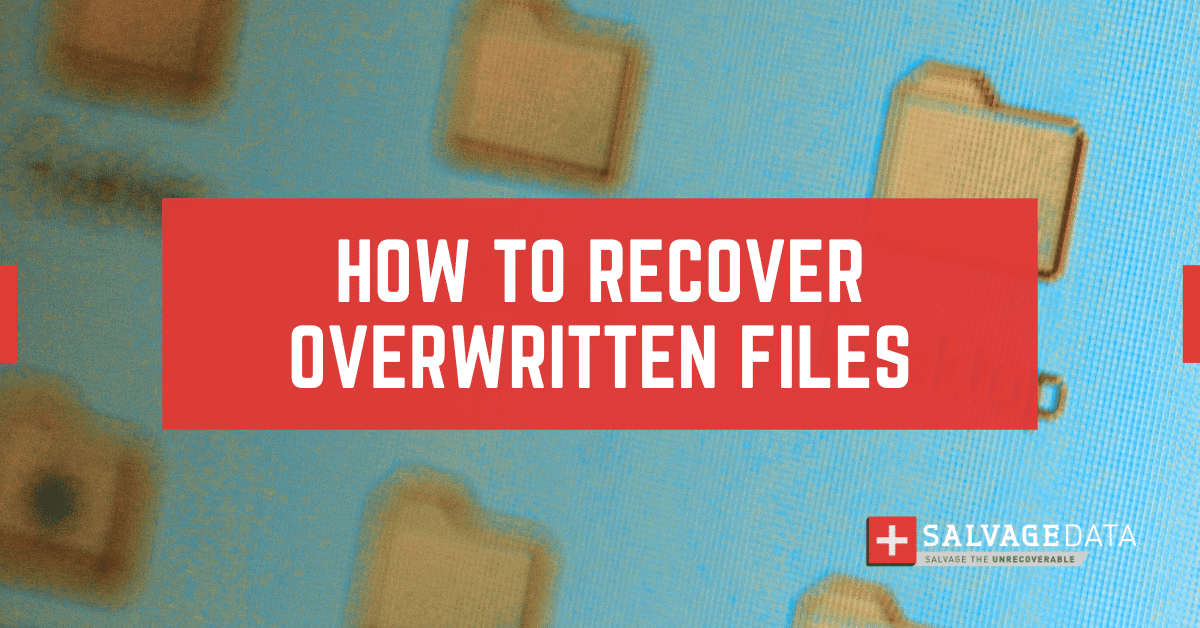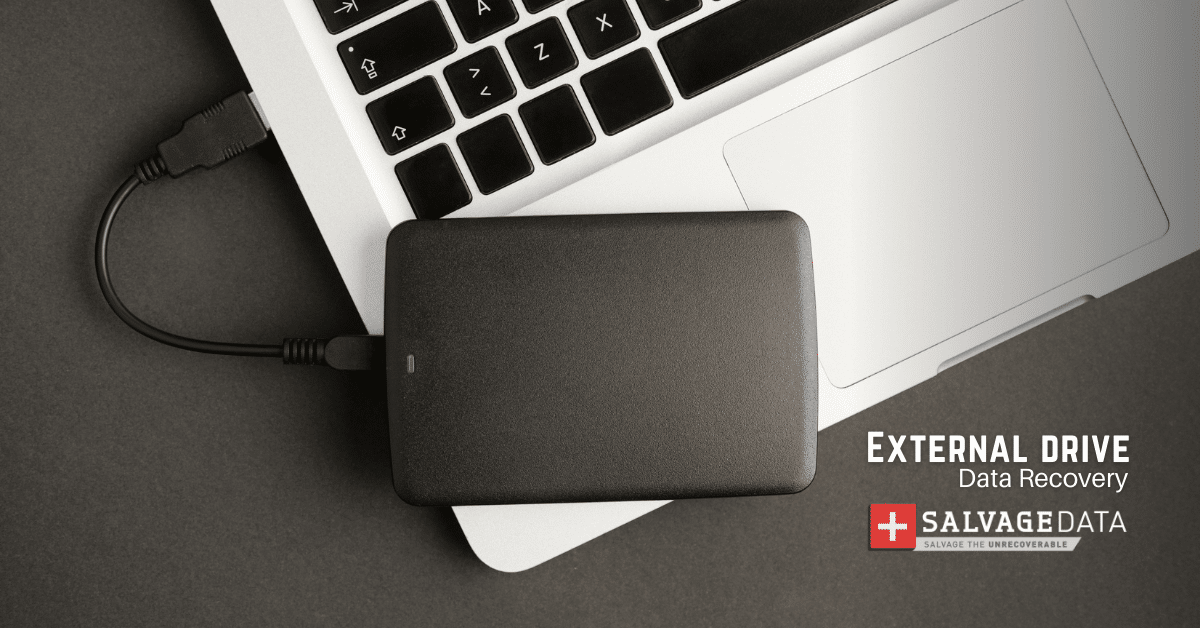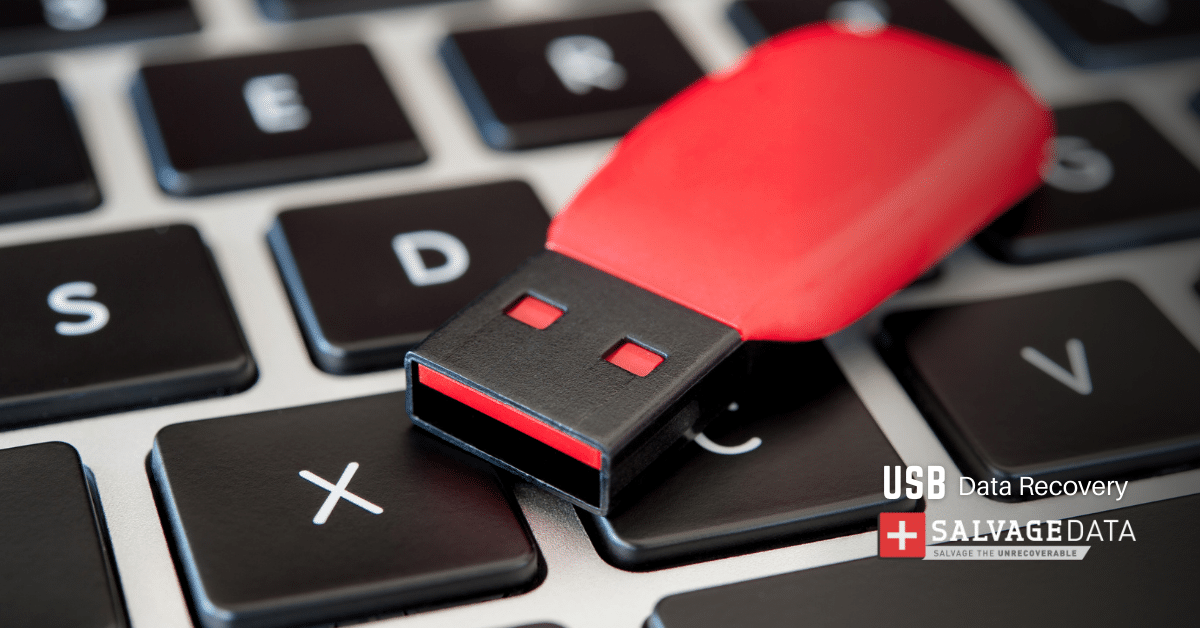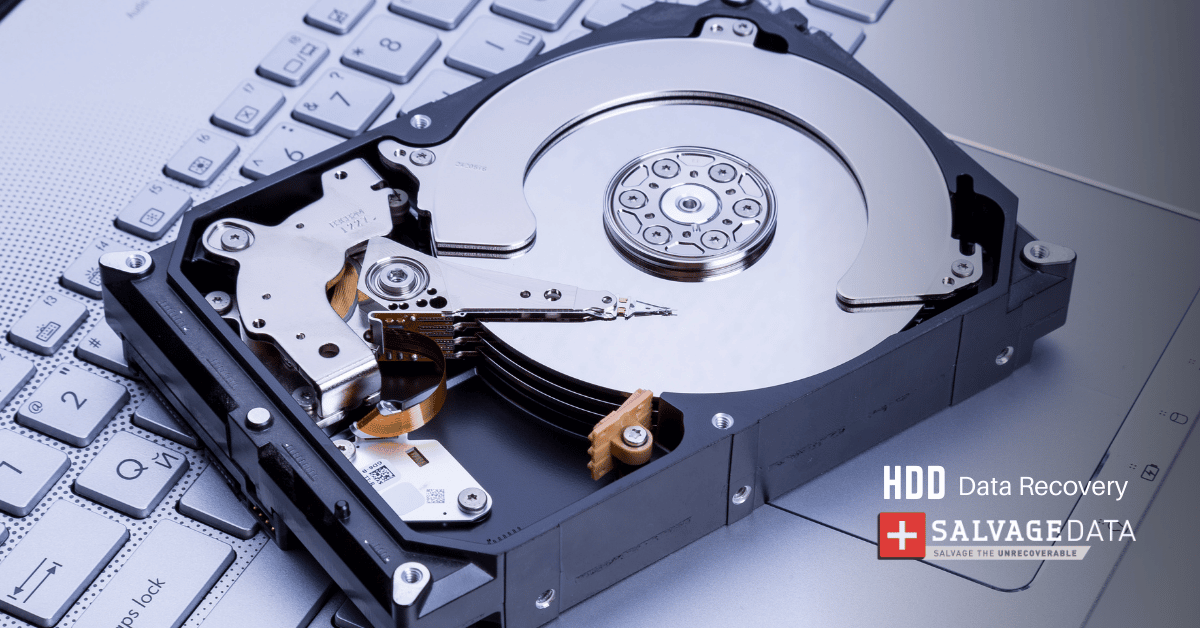Recent Articles
How To Recover Overwritten Files
The Snowflake Data Breach: A Comprehensive Overview
Mac Not Recognizing External Hard Drive: Quick Fix Solutions
How Multi-Cloud Backup Solutions Can Prevent Data Disasters
Capibara Ransomware: What is it & How to Remove
What Should a Company Do After a Data Breach: The Ticketmaster Incident
Secles Ransomware: Removal Guide
What To Do When Your Chromebook Freezes
How to Create Hyper-V Backup
What Is The Best Data Recovery Software For PC

I think there's an issue with my storage device, but I'm not sure Start a free evaluation →
I need help getting my data back right now Call now (800) 972-3282
A regular backup is one of the most important steps you can take to prevent data loss. But if you want to be truly prepared for disaster, you must also have an offsite data backup. An offsite backup is a copy of your key files and folders that are kept in a separate physical location from your primary storage device.
The main difference between on-site and off-site backups is their physical location. On-site backups are stored on the same premises as the data they’re backing up, while off-site backups are stored in a separate location.
Learn why should one of your backup mediums be stored off-site and how it can increase your data security.
What is off-site data backup?
Off-site backups are copies of your data stored in a different physical location from where your primary storage device is located.
The most common type of offsite backup is an online backup service, which stores your data in the cloud. Other options include using a physical storage device like an external hard drive or data storage tapes.
What are the different off-site backup mediums
-
- Online backup service, which will store your data in the cloud. Cloud services offer several options according to business needs and they ensure data security and privacy.
- Physical data storage devices like an external hard drive, tapes, and external SSDs. It’s crucial to keep the device in a secure and risk-free environment to ensure its availability.
- Offsite Servers are dedicated computer systems located in a remote data center. They cost more and require constant maintenance. However, they offer several benefits, such as enhanced disaster recovery, large data storage, and robust security.
- Hybrid data backup is when you use a combination of both online and physical data storage technology for data backup, increasing your data protection and ensuring its availability.
Key advantages to having an offsite backup
Overall, offsite backups are an essential part of any data protection strategy. They can help to ensure that your data is safe and accessible in the event of a disaster, security breach, or other unforeseen event.
Disaster recovery
Offsite backups offer protection against events that could damage your local systems or storage devices. Even if your primary system is destroyed, you can still access and restore your data from the offsite backup.
Enhanced security
Offsite backups can help to improve the security of your data by storing it in a separate location from your primary system.
Accessibility
You can access cloud off-site backups from anywhere with an internet connection, which can be helpful if you need to restore your data from a remote location.
Scalability
Off-site backup solutions are typically scalable, meaning that you can easily add more storage space as your data needs grow.
Compliance
Some regulations require businesses to maintain off-site backups of their data since storing backups offsite reduces the risk of unauthorized access or theft.
Disadvantages of an off-site backup
While offsite backups offer numerous advantages, it’s important to be aware of their potential downsides. However, these disadvantages serve as a guide on which storage medium you should choose since off-site backup is critical for business continuity.
Cost
Compared to onsite backups, offsite solutions can be more expensive. This includes:
- Subscription fees: Cloud storage providers typically charge monthly or annual fees based on storage used.
- Data transfer costs: Uploading and downloading large amounts of data can incur significant bandwidth charges, especially with limited internet plans.
- Offsite server maintenance: If you choose dedicated offsite servers, you’ll be responsible for hardware, software, and data center space costs.
Slower access times
Compared to local backups, retrieving data from an offsite location can be slower, especially with large datasets and limited internet bandwidth.
You should consider this in your downtime predictions when building the disaster recovery plan for your businesses.
Why should backup media be stored off-site?
The answer is simple: to protect your data from local disasters like fires or floods. An off-site backup is a copy of key files and folders kept in a separate physical location from your primary storage device.
From a disaster recovery viewpoint, there are several key advantages to offsite file storage.
1. Off-site backup protects your data from local disasters
Off-site backups provide an additional layer of protection against data loss in case of local incidents, such as natural disasters or cyberattacks.
For example, if your primary data storage fails due to hardware issues, accidental deletion, or other disasters, you can restore your data from the offsite backup. In case of natural disasters (such as fires, floods, or earthquakes), having data stored offsite ensures that your critical information remains safe.
2. Off-site data backup preserves your business information when your local storage fails
Another key advantage of off-site backups is that they preserve your data in case of primary storage device failure. For example, if your computer crashes or your hard drive fails, you can rest assured knowing that you have a backup copy of all your important files and folders.
3. Off-site backup helps to restore sensitive data after a ransomware attack
Off-site storage also provides an extra layer of data security against ransomware attacks. Ransomware is a type of malware that encrypts your data and then demands a ransom payment to decrypt it. If you have an off-site backup, you can simply restore your data from the backup and avoid paying the ransom.
4. Off-site data backup guarantees you’ll have your files after a complete system failure
Even if you take good care and follow all the best practices with your RAID or another storage system you’re using at your company, it may fail and cause data loss.
With an updated off-site backup, you can restore all your files with minimum damage and downtime to your business.
Your off-site data backup is part of your recovery plan that saves you money avoiding recursion to recovery services.
Important: To make sure you always have your data available elsewhere and save your company’s data, you must conduct regular backups to keep the off-site media updated. Also, make sure the physical media where the data is has no damage and the place has near zero dust, debris, and humidity, to preserve the storage device as well.
If you’re building a data recovery emergency plan or need help to recover lost data, contact SalvageData. Our experts are ready to help you and your business and build the best recovery plan for your needs.
Off-site backup vs on-site backup
The difference between those two types of data backup is the data security level they offer.
If you’re looking for the most comprehensive disaster recovery solution with the highest data security strategy, off-site backup is a vital component. This type of backup is the best choice to protect sensitive data from local disasters or primary storage failures.
However, if you’re working with a limited budget, on-site backup may be a better solution. Here the backup data is stored on physical devices kept in the same place as the original data. So, you can easily access it. However, this means the backup is under the same risks as your local server.













